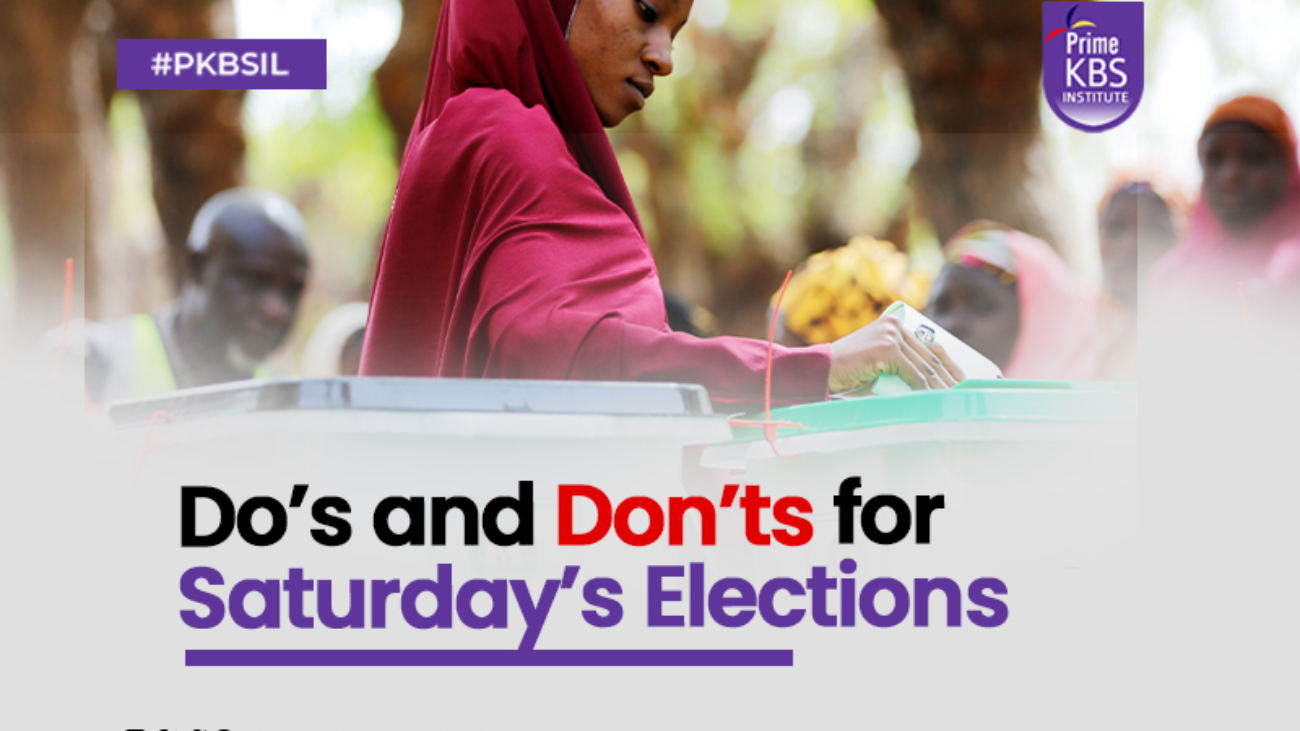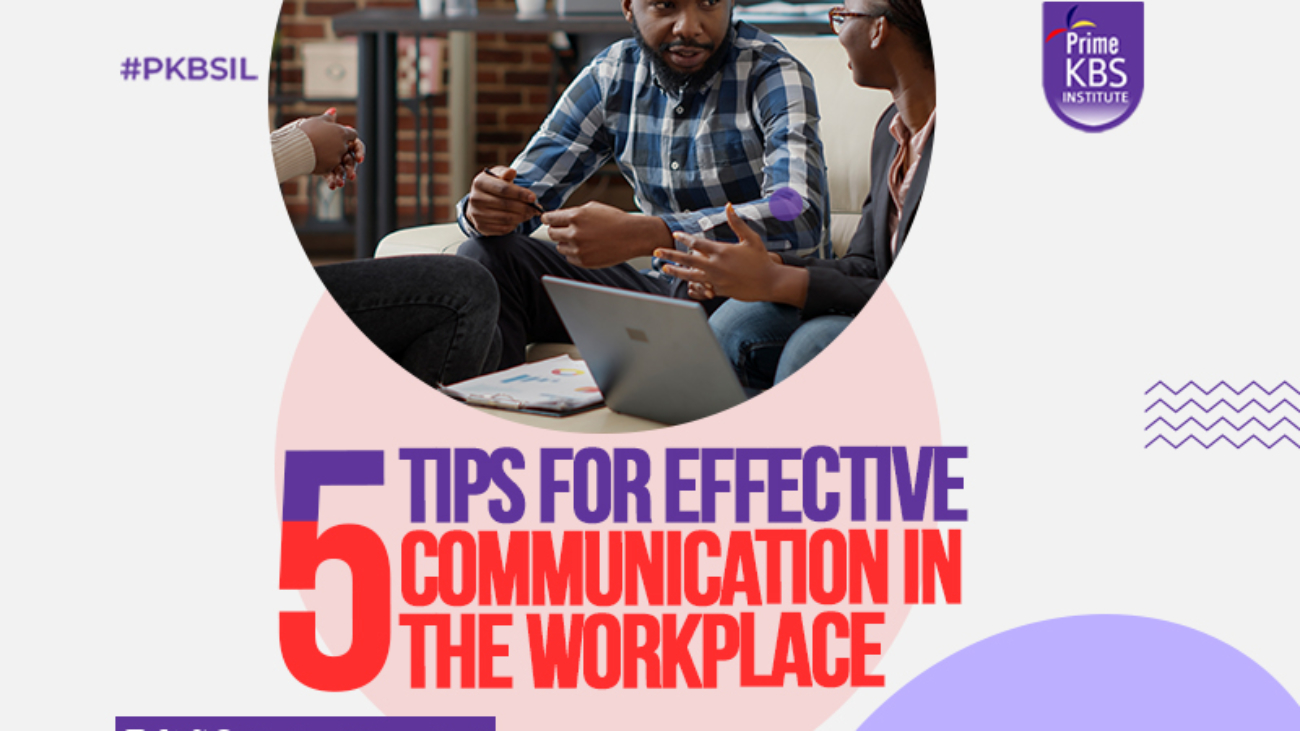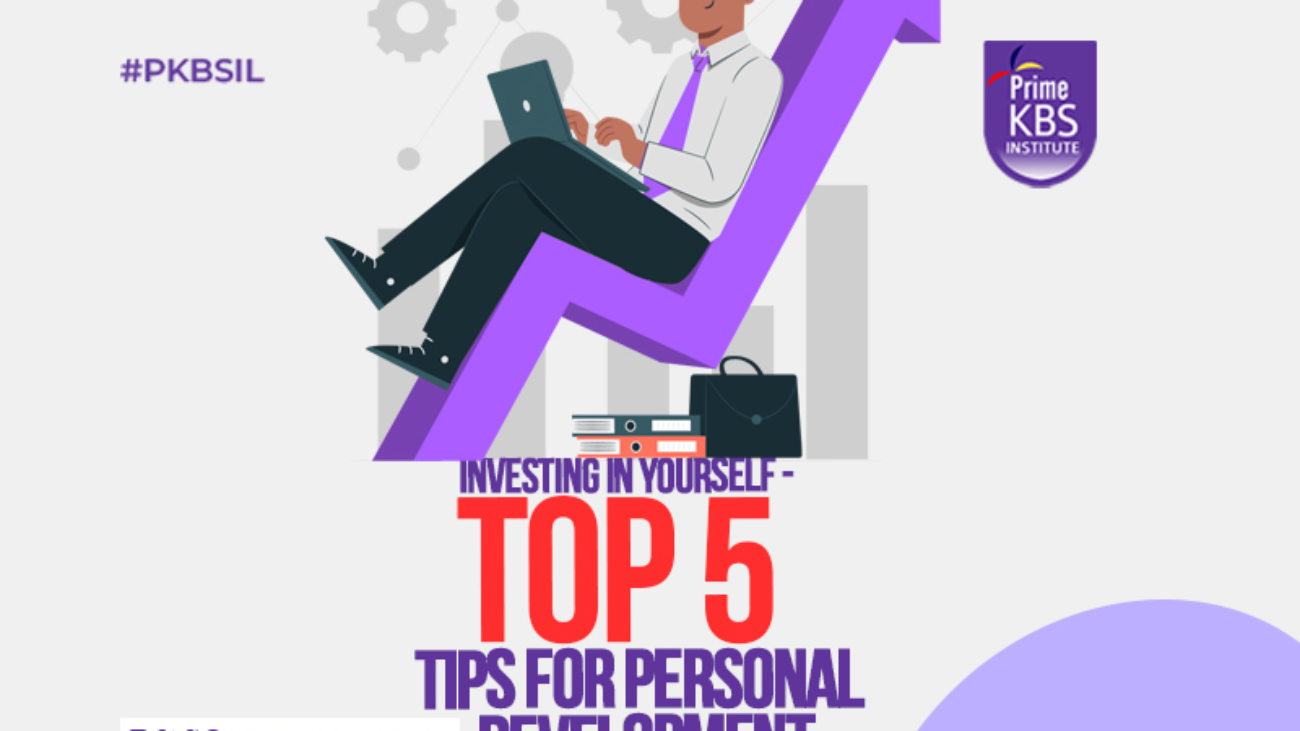Communication in the workplace isn’t just about how well you work with others. It’s about building relationships, minimizing errors, and most importantly, working as productively as possible.
Encouraging good communication habits throughout the workplace can be one of the most crucial things you do as a leader. Because the numbers don’t lie.
In a survey of 400 corporations, it was found that communication barriers cost an estimated $37 billion per year in lost productivity.
So, what effective communication skills can you install in your workplace, and how do you do it?
1. Use regular meetings to listen to your team
It sounds simple, but it’s often not practiced enough. Listening to others is arguably the most important communication skill you can have. If you find you’ve got the tendency to talk over others, then try to be more patient. You will get the opportunity to make your point when they’re finished—especially if you’re the boss.
When employees feel like they’re being listened to, they feel more valued and appreciated and this creates a more collaborative culture. It also gives you the chance to understand issues or concerns about a task from an employee’s perspective. This can improve employee engagement.
2. Keep communications brief and clear
Speak to any successful business manager and they’ll all mention that time is their most important asset. When discussions are dragged out, not only can this dilute the importance of the message, but it can also over-complicate it. Keep your communication brief and to the point.
3. Re-state and clarify important information
Don’t presume the other person understands what you’re saying. Similarly, don’t be afraid to speak up if you need clarity on something. Asking questions can help you to gain a better understanding of certain situations, and you should always be encouraging your employees to ask you if they’re unsure.
Not only can this improve relations with employees, but it can also help to minimize errors. Sometimes a simple question to double-check can save mistakes from happening.
4. Understand and hone your communication style
In order to give them the best service possible, you need to refine your communication style. Perhaps you like to schedule a call and then follow up with some meeting notes. On the other hand, maybe you prefer to video call and catch up with a phone call later on down the line. Either way, you need to make an effort to establish a routine, so your colleagues and clients know what to expect.
This also refers to the frequency of communication. If you respond a minute after your client contacts you, then they’re going to become accustomed to that high level of communication, which you may not always be able to deliver.
5. Stay open-minded
Open-mindedness is another good communication skill to have. It allows you to enter a conversation free of judgment or preconceived ideas, giving the person speaking the confidence to explain new ideas that could potentially benefit the business.
If you’re quick to shut things down, then employees will be less inclined to tell you their ideas. Your conversations will be less honest, and less productive because of this. By keeping an open mind you’re willing to enter into a dialogue with someone whose opinion you may not agree with, and you may surprise yourself by the end of it.
Let’s get you and your team communicating like pros today, contact us at info@primekbsinstitute.org or call +234 (0) 803 308 2815, +234 9169413405, +234 9131953169











